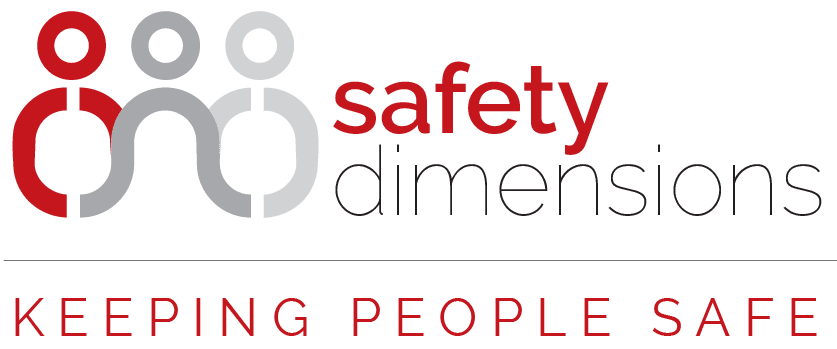Being a leader means you’re tasked with many responsibilities, across managing people and teams, organisational expectations and performance. Not every leader is awesome at all aspects of leading teams – here are four common mistakes you may be making:
- No vision.
Without a clear vision compelling your team into action, does your team know what you’re all trying to achieve at a top level? And why should they care? - Not developing your people.
Are you setting goals to support a growth mindset and creating an opportunity for your people to develop? If not, you’re wasting their potential to move themselves, yourself (as their leader), and the organisation forward. - Not knowing where to focus your energy.
With so much to manage, do you know what the best use of your time and resources are? Not being able plan and prioritise your people and resources is a recipe for disaster. - Not delegating.
Burnt out? Micro-managing because you can’t let go? Chances are you’re doing too many things your team should be responsible for. You are also stifling their development. You need to find the balance between a hands-off approach and micromanaging. Look at additional training and development you think they lack and plan regular check-ins while they’re doing their job so you can concentrate on your priorities.
Want to develop your ability to lead teams?
Our Leading Teams program is designed both for managers of intact teams, project teams and for team members working in a matrixed organisation. This program outlines the key stages of team development and how to move the team from early relationship development through to an aligned focus on goals and a collaborative workflow.
Our 2-day program also focuses on planning and prioritisation in order to create efficiencies, reduce rework and optimise individual performance. The Leading Teams program can be taken on its own, or as part of the BSB40520 Certificate IV in Leadership & Management.
After this two-day Leading Teams program you’ll be able to:
- Better appreciate where to focus your team’s energy in order to increase influence and reduce lost time on things beyond their control
- Plan, prioritise and evaluate resources in order to create efficiencies and optimise performance
- Identify opportunities to delegate tasks that support individual skills development and in-role growth
- Recognise behaviours that occur at each stage of team development
- Intervene appropriately to lead individuals through the stages of team development (either as a manager or team member)
- Review your current team against the characteristics of a high-performing team and develop strategies to progress toward this
- Build a vision and a compelling reason to motivate team members and subcontractors to work together toward optimal performance
- Set goals to support a growth mindset and opportunities for development
- Create action plans that can be implemented with current teams
Want to see how this program impacted Downer? Read more here: https://safetydimensions.com.au/leadership-excellence-at-downer/
Want more info?
Read more about our program BSB40520 Certificate IV in Leadership & Management>
Want this program customised for your workplace and industry?
Call 03 9510 0477 or email info@ldn.com.au
From our blog
Working in air pollution – what are an employer’s obligations?
If your job requires you to work outside, the recent bushfires and dust storms may put your and your staff at risk of exposure to air pollution. As an employer you need to be aware of your legal obligations. Under the Work Health Safety Act 2011, employers have a duty...
How to nail your goals
Are you left with a bundle of New Year's resolutions which sounded like a good idea at the time, but never made it past the idea stage? Here are six hacks to revive those goals. 1. Know what you want and get SMART about it Goals work best if they have broader purpose...
Labour hire – what are your WHS obligations?
When hiring labour, no one should assume that someone else is taking care of health and safety. Everyone in the chain is required to know who is doing what and work together so risks are eliminated or minimised. With major construction and infrastructure projects all...
Why sleep is your superpower
Are you and your workers skimping on sleep? It's been proven that sleep deprivation not only means poorer performance, productivity and safety outcomes, but has an impact on our physical health. Researchers found workers losing just 16 minutes of sleep (from the 7-9...
Engaging Hearts & Minds the key to changing safety behaviour.
Not getting improvements in your safety leadership culture, or safety statistics? It's highly likely your organisation has failed to engage your people at the hearts and minds’ level required to create and sustain a strong safety culture.Research shows...
Working well: An organisational approach to preventing psychological injury
Source: Comcare. Many employees will at times feel that they are not coping well at work for a variety of reasons. Some of these employees will experience some degree of stress as a result. While many people have strategies to deal with these situations, work-related...







